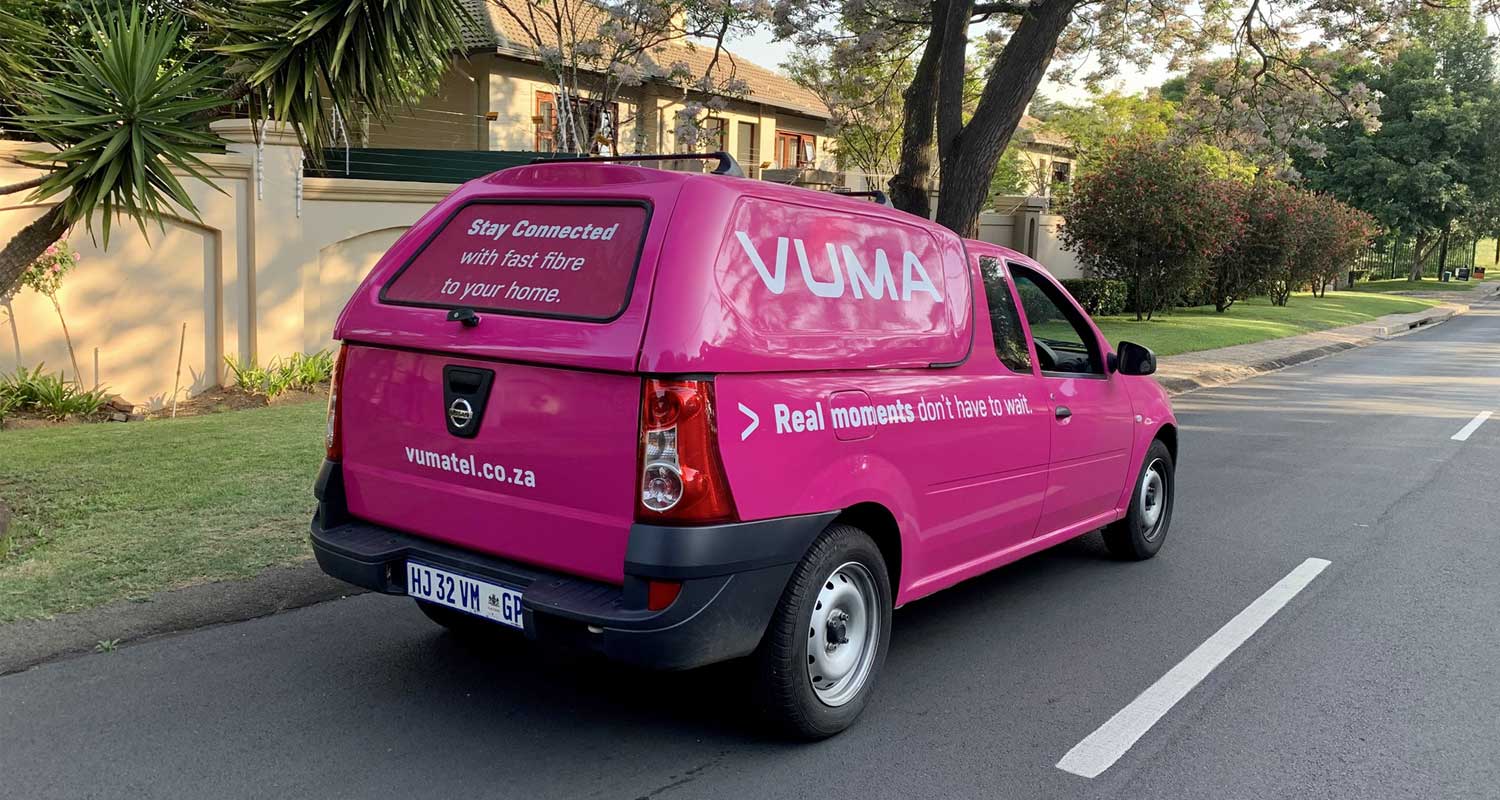The Competition Commission is raising significant concerns about Vodacom’s plan to acquire a stake in Vumatel’s parent company, warning that it could negatively impact the telecommunications industry.
The Commission’s attorney, Daniel Berger, stressed that this combination would cause disruptions in the telecoms sector. The trial, slated to take place from May 20 to July 19, 2024, centres on Vodacom’s endeavour to acquire a thirty per cent share in Maziv, the organisation that manages Dark Fibre Africa (DFA) and Vumatel.
Vodacom would surrender its fibre assets, valued at R4.2 billion, and make an upfront payment of R6 billion plus an extra sum determined by Maziv’s appraisal if the deal is approved.
Read also: Vodacom Mozambique invests in new data centre
The acquisition was initially valued at R13.2 billion, and Vodacom considered raising its holding to 40%. Vodacom retains its long-distance network but contributes its fibre-to-the-home (FTTH), fibre-to-business (FTTB), and fibre-to-the-site (FTTS) services to DFA as part of this agreement.
If approved, Vodacom would pay R6 billion upfront, plus an additional amount based on Maziv’s valuation, and transfer its fibre assets valued at R4.2 billion. Initially, the total deal was valued at R13.2 billion, with Vodacom considering an option to increase its stake to 40%. This deal involves Vodacom contributing its fibre-to-the-home (FTTH) services to Vumatel and its fibre-to-the-business (FTTB) and fibre-to-the-site (FTTS) services to DFA while retaining its long-distance network.
The Commission’s primary worry is that Vodacom would have significant operational control over Maziv even with a minority ownership. This is concerning since DFA is a significant supplier of dark fibre to fibre and mobile network carriers, and Vodacom already has a sizable market share in the mobile space. Bringing these forces together under Maziv’s leadership could result in an overabundance of influence over the fibre market.
Potential Impact on the Telecommunications Market
The Commission fears that if the merger proceeds, Vodacom could collaborate closely with DFA, potentially excluding competitors and weakening market rivals. This consolidation could result in significant, irreversible changes to the telecommunications landscape. The Commission’s primary recommendation is to halt the merger to prevent these adverse effects.
They argue that Vodacom’s increased influence in the mobile and fibre sectors would stifle competition, leading to a less competitive market. This could harm consumers and other businesses by reducing choices and increasing prices. The Commission believes preventing the merger is the only way to maintain a balanced and competitive telecommunications environment.
Read also: Vodacom initiates workforce reduction to accelerate technological transition
Vodacom expansion and DFA’s Expertise
The Commission is worried about DFA’s monopoly on providing dark fibre to fibre and mobile network providers and Vodacom’s substantial influence in the mobile industry. Maziv’s addition to this equation strengthens their combined hold on the fibre market. The Commission is alarmed because it suggests a possible monopoly over the fibre market.
With DFA’s experience in fibre infrastructure and Vodacom’s broad reach in mobile services, they form a powerful combination that may stifle competition and innovation in the telecom industry.
Maziv’s inclusion in this combination strengthens their hold on the game, making it more difficult for other players to compete. The market dynamics are in danger due to this concentration of power, which could impede innovation and reduce consumer choice. For this reason, the Commission is carefully monitoring this trend to ensure fair competition rules in the telecoms industry.
















